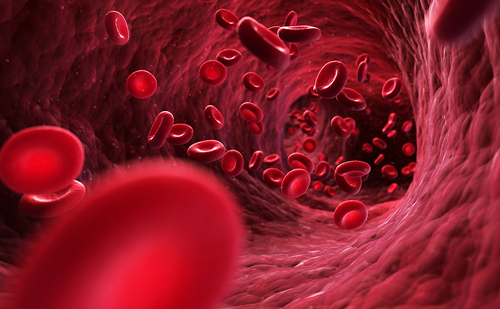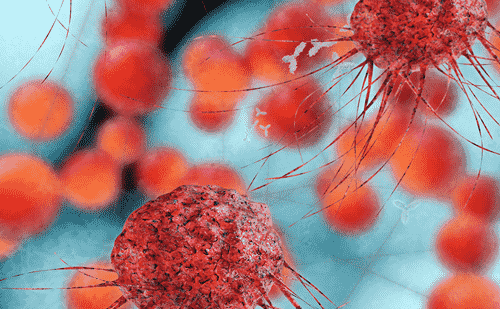Over recent years we have seen an increasing number of global clinical trials, with nearly 31% of the world’s clinical trials being conducted outside the US and 25% of new drug applications including data from international sites.1 In addition, clinical trial protocols have increased in complexity, with increased numbers of endpoints, procedures, eligibility criteria, and investigative sites.2 Numerous challenges face people working in clinical trials, from patient recruitment and regulatory requirements to escalating costs. In an expert interview, Dr Marshall discusses the obstacles to global clinical research and how these may be overcome.
Q. What are the major barriers to conducting clinical research in cancer?
Clinical research today is dramatically different to how it was 5 years ago, and this is not a change for the better. Clinical research has become increasingly complex on a variety of fronts. Firstly, precision medicine has meant that only a subset of patients are eligible for treatment in clinical trials because of stringent eligibility criteria, and as we look more and more at rare cancers, this means fewer patients are available for studies. Secondly, the complexity of clinical trials themselves has dramatically escalated, partly because so many regulatory steps have been put in place, not necessarily by the US Food and Drug Adminstration but by clinical research organizations. Consequently, there is a new element to clinical research that did not exist a year ago and this is very difficult to manage. As a result, there has been a dramatic increase in budgets. With fewer patients being eligible and an increase in requirements the cost per patient has increased.
Q. The leading cause of clinical trial closure is an insufficient accrual rate. What steps can we take to overcome this?
Most importantly, we need to reduce the complexity of trials and simplify the eligibility. The problem is that clinical trial criteria are so strict and so specific that the patients that participate in studies are not reflective of the general population. We must move away from what we jokingly call "triathletes" on clinical trials as, if the study findings are positive, this is not how the treatment will be used.
Q. How important is it to harmonize and not over-regulate the field of clinical research? How can this be improved?
We are broken with regard to collaboration and harmony. We have multiple institutional review boards, multiple steps to get a protocol opened at various institutions, and this differs both within the US and between the US and other countries. Given that problems such as cancer are global issues, there seems, to me, no reason not to have a global regulatory body that oversees clinical research. This will avoid duplicating international review board functions. If a study opens at 10 different centers and each of these centers has its own institutional review board that has to read and review, spend time and money to process data, this is a waste. We are moving towards central review boards and shared priorities but we also need to do this in the regulatory and financial areas. When anyone performs a clinical trial, we are already documenting in our routine daily medical records the results of that patient’s visit or the test results. Clinical trials require that this is also documented in their own database, requiring additional funding for it to be redocumented: a huge waste of energy and time. Harmonization around databases and electronic medical records would dramatically affect the cost of drug development.
Q. What initiatives are under way that might improve US collaboration in academic- and industry-driven research in the future?
We have several collaborative groups that are working to overcome this, and we are taking it upon ourselves because of our frustration. We cannot rely on the federal government or the pharmaceutical industry, and so several research collaborations have formed to perform clinical research differently. We now have critical mass in several of them such that we represent almost all of the major thought leaders and clinical research sites in the US. If anyone wants to run a clinical trial in the US, they have to use this format. We are “unionized” around this to try and change the way clinical research is done.
Q. What are the major obstacles to clinical research in low- and middle-income countries, and how can these be addressed?
Low- and middle-income countries lack resources that are present in wealthier countries. We often take advantage of this and perform clinical trials in these countries because we have a more captive audience; there are fewer standard of care options. This is not appropriate use of different populations. There needs to be harmonization at both ends so we treat everyone fairly. We do clinical research in low- and middle-income countries, and when medicines get approved these populations cannot afford these treatments. This is a disservice and unfairness in our research world that should be addressed.













